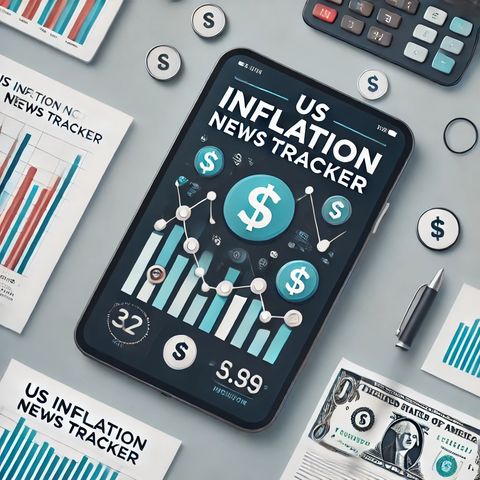Navigating the Inflation Uncertainties of Trump's Economic Policies

Download and listen anywhere
Download your favorite episodes and enjoy them, wherever you are! Sign up or log in now to access offline listening.
Navigating the Inflation Uncertainties of Trump's Economic Policies
This is an automatically generated transcript. Please note that complete accuracy is not guaranteed.
Description
Donald Trump's economic policies remain a topic of significant debate among economists, particularly concerning their potential effects on inflation. The intricacies of these policies, ranging from tariffs to immigration reforms,...
show moreCentral to the discussion are tariffs, which Trump has used as a tool to renegotiate trade relationships. A primary concern among economists is that tariffs could lead to higher production costs, which manufacturers might pass on to consumers, thus increasing inflation. For example, tariffs on Chinese goods affect a wide array of products, potentially raising prices in various sectors. The impact of these tariffs depends on how heavily industries rely on imported materials versus domestic resources, as well as the ability of businesses and consumers to adjust to new prices.
Immigration policy under Trump also plays a crucial role in shaping economic outcomes. His administration's stance has been characterized by stricter immigration controls, which could affect labor markets and wage dynamics. Immigrants often fulfill vital roles in the economy; a decrease in immigrant labor as a result of stringent policies can lead to labor shortages, driving up wages and, consequently, prices. This scenario may contribute to inflationary pressures, especially in industries heavily reliant on immigrant workers, such as agriculture and construction.
Adding another layer of complexity is the Federal Reserve's role in managing inflation. Under Trump's presidency, tensions occasionally emerged between the administration and the Fed, particularly regarding interest rate decisions. Trump has vocally advocated for lower interest rates to spur growth, but such measures could risk overheating the economy if inflation expectations are not carefully managed. The Fed's monetary policy decisions remain crucial in this balancing act, ensuring that economic growth is sustainable without letting inflation spiral out of control.
In conclusion, the interplay between tariffs, immigration policies, and the Federal Reserve creates a multifaceted economic environment where Trump's policies could have wide-ranging effects on inflation. While some economists express concerns about potential inflationary pressures, others highlight the unpredictable nature of these policies, which makes pinpointing their exact impacts challenging. As the situation evolves, continuous analysis and adaptive policymaking will be essential in navigating the economic uncertainties of Trump's legacy.
Information
| Author | QP-4 |
| Organization | William Corbin |
| Website | - |
| Tags |
Copyright 2024 - Spreaker Inc. an iHeartMedia Company
